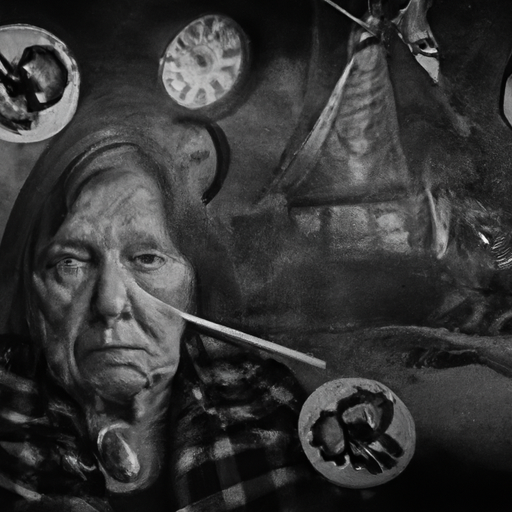The Opioid Crisis in Canadian First Nations Communities: A Call to Action
There is a pressing need for nationwide discourse on the opioid crisis that has plagued Canada for years, particularly the devastating impact it has had on First Nations communities. A recent article from CTV News highlights that several Saskatchewan First Nations are now suing the Canadian federal government over the opioid epidemic.
The Impact of the Opioid Crisis
The opioid crisis has created a significant public health emergency in Canada, with opioids-related deaths increasing dramatically in the past few years. In 2020 alone, over 6,000 Canadians lost their lives due to opioid overdose, with Indigenous people being disproportionately affected.
First Nations communities are experiencing unprecedented levels of addiction and overdose deaths, resulting in devastating social and economic consequences. These include:
- Increased burden on healthcare and social services
- Rise in levels of homelessness
- Increased crime rates, particularly violent crimes and property crimes
- Displacement of children due to family breakdowns, with many ending up in foster care
- Loss of cultural heritage as elders, the primary custodians of traditions and cultural knowledge, are lost to the crisis
The Need for Comprehensive Action
Despite the escalating crisis, First Nations communities argue in the Canadian opioid abatement class action lawsuit that the federal government has not done enough to address the problem. The suit contends that the government failed to prevent legal prescription drugs from being diverted to the illegal market and to adequately regulate the pharmaceutical industry. Furthermore, the government’s response to the crisis has been criticized for its lack of community-specific strategies and insufficient resources.
Opioid Response Efforts: A Mixed Bag
Efforts have been made to combat the opioid crisis, such as providing naloxone, an overdose-reversing drug, widely available. Health Canada has also imposed restrictions on marketing practices of opioid-producing pharmaceutical companies. However, the lawsuit alleges that these efforts fall short, especially in serving the unique needs and circumstances of First Nations communities.
The Path Forward: Tailored, Community-Driven Approaches
For effective response to the opioid crisis, it is clear that tailored, community-driven approaches are necessary. The unique challenges and cultural dynamics within First Nations communities must be considered. Improving access to culturally appropriate treatments, community-led harm reduction initiatives, and supporting the reclamation of Indigenous ways of healing are all essential pieces of a meaningful solution.
Closing Thoughts
In conclusion, the opioid crisis is a national tragedy that has disproportionately impacted First Nations communities. The Canadian opioid abatement class action lawsuit led by several Saskatchewan First Nations underscores the need for significant, sustained action from the federal government. While efforts have been made, it is evident that a more comprehensive, tailored, and community-centric approach is required.
Our key takeaways from this discussion are:
- The opioid crisis has severe social and economic impacts, particularly on First Nations communities.
- The Canadian opioid abatement class action lawsuit highlights perceived government failures in addressing the crisis.
- Effective response efforts must be tailored, comprehensive, and driven by the unique needs of communities.
